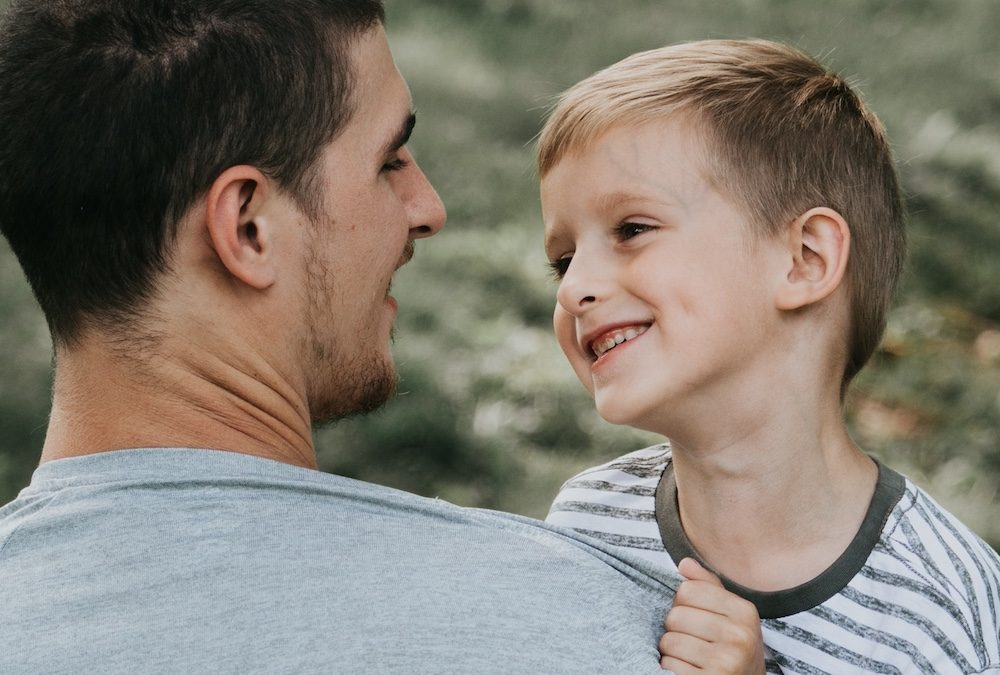This is the fifth part of a series we have titled “Concepts and Skills of Parenting.” It is adapted from the book Healing Parents: Helping Wounded Children Learn to Trust and Love. To read Part 1 — which provides a look at secure attachment at the start of life — click here. Part 2 explores the core concepts of child development. Part 3 examines the importance of trust and reciprocity in the formation of secure attachment. Part 4 provides an overview of the developing brain.
The word opportunity means a favorable chance or opening offered by circumstances.
When your child acts out, it is a red flag. She is telling you something about her needs, feelings or conflicts. For example, defying authority or being disrespectful may be your child’s way or remaining in control to avoid closeness. She may fear abandonment or loss if she becomes too connected to you. Parents who react to her with hostility or withdrawal might miss the opportunity for problem solving, teaching coping skills and strengthening the parent-child relationship.
To create a healing environment, you must be aware of your mindset. Healing parents don’t just do things differently — they see things differently. Do you view stressful and challenging situations as crises to be dreaded or as opportunities for teaching, learning and growth? Your frame of reference will determine how you respond.
The opportunity for learning and growth is available not only for your child, but for you, too. When your child triggers you into a strong emotional reaction, take a look in the mirror and ask yourself the following questions:
- What can I learn about myself?
- What is my lesson?
- What do I need to change?
Let’s again consider the example of the defiant child, this time from a parent’s perspective. The parent who overreacts to his child’s defiance or disrespect may have unresolved feelings from childhood. Maybe he had an abusive and disrespectful parent and is triggered as a result. That is the mindset of crisis. However, the parent who has a mindset of opportunity takes the initiative to maintain rules and create a safe emotional climate that communicates to the child, “Hey, you can count on me to be in charge in a sensitive and caring way.”
When parents have an opportunity mindset, they can move much more easily toward the real goal which is family learning and growth, not merely a focus on a child’s needs for improvement. Parents often tell us their most challenging children are their “gurus” — providing the richest opportunities for personal and marital growth.



We heard you will be in the NC area this fall? Can parents attend any of the sessions? We need a reboot!
Kathy, No plans to be in NC this Fall. Sorry. Tell me what’s going on. Email me at tlevy@evergreenpsychotherapycenter.com